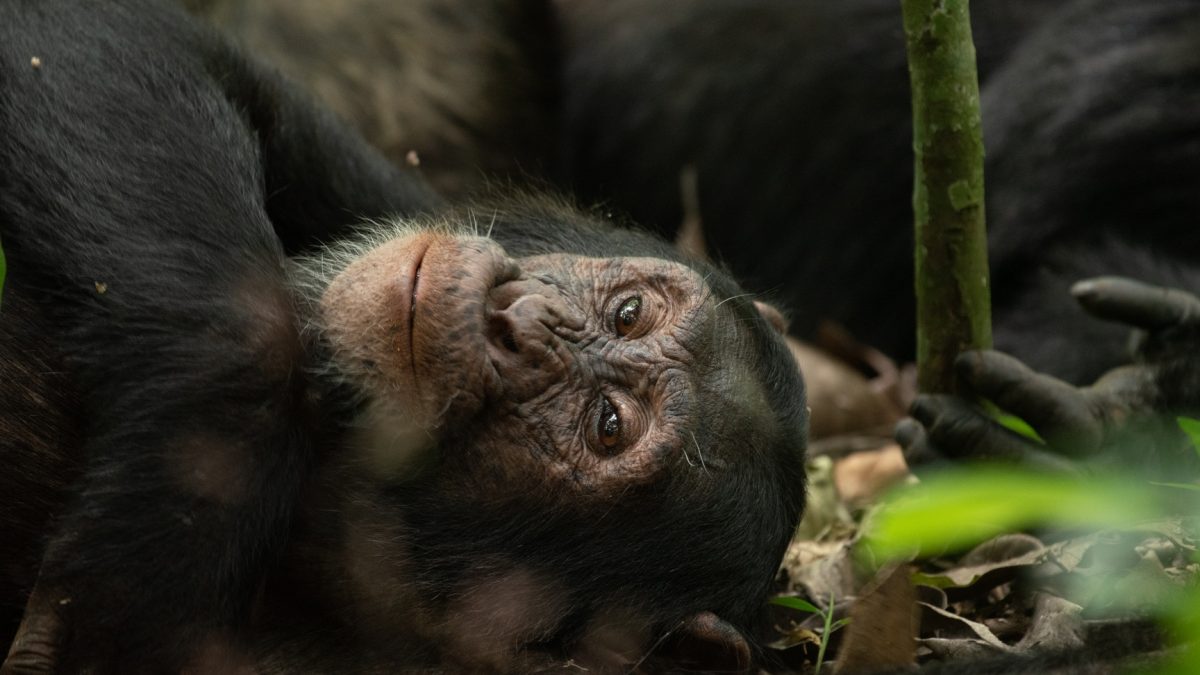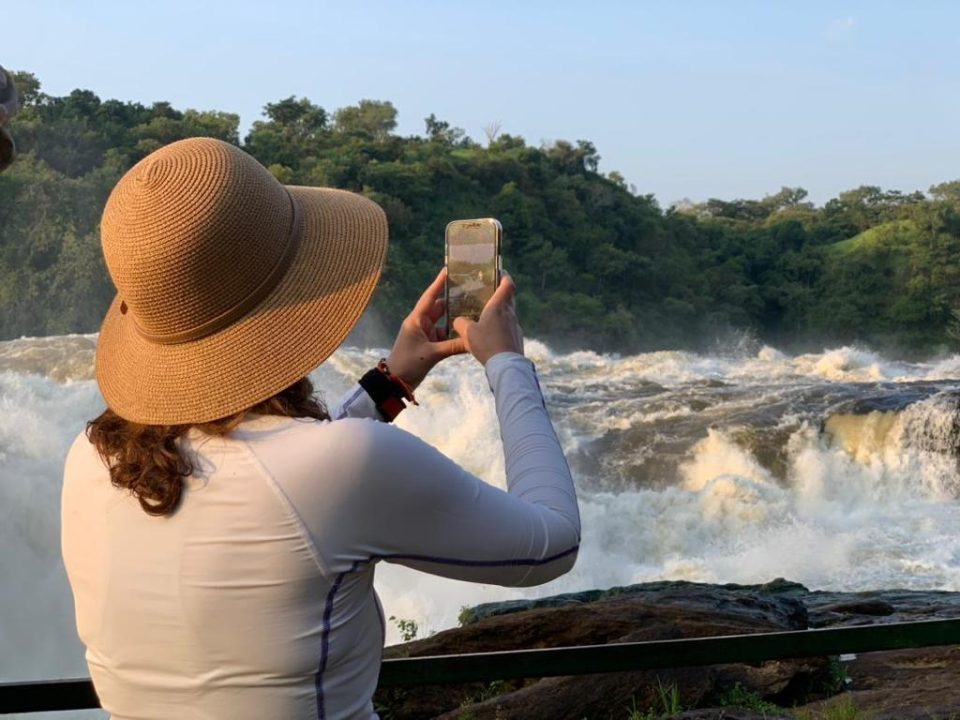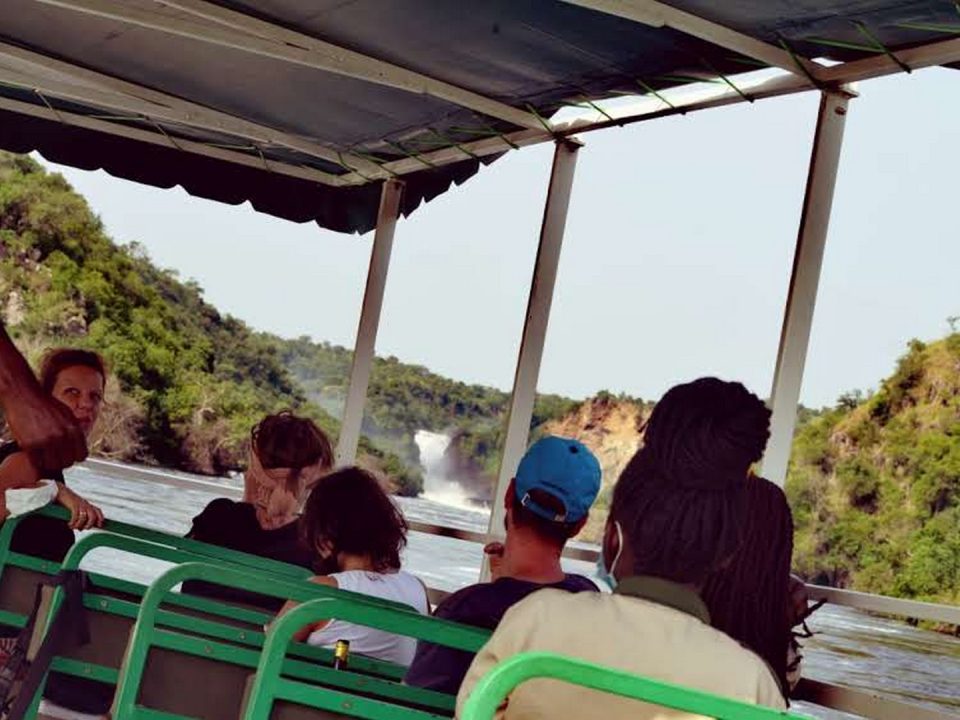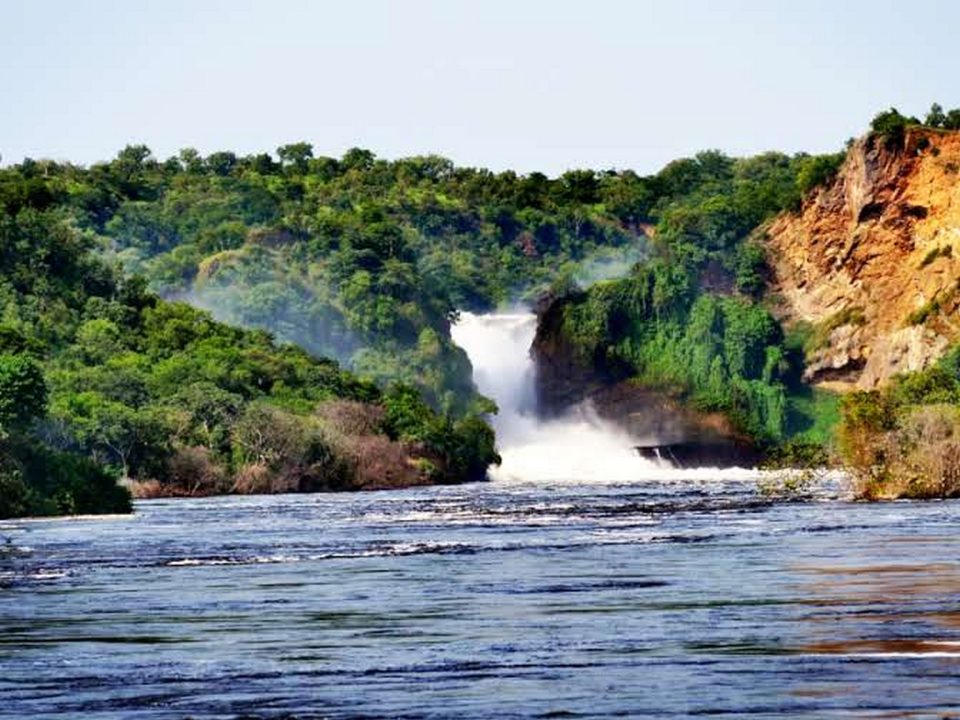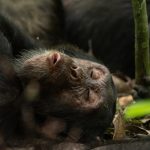
Is It Possible to Do Chimpanzee Tracking During the Rainy Season?
March 24, 2025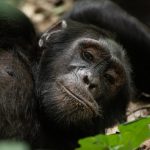
Are There Any Risks Involved with Chimpanzee Tracking in Rwanda?
March 25, 2025What is the Best Time of Day to Go Chimpanzee Tracking in Rwanda?
What is the Best Time of Day to Go Chimpanzee Tracking in Rwanda? Chimpanzee tracking in Rwanda offers one of the most thrilling and unforgettable wildlife experiences in the world. Known for its beautiful landscapes and rich biodiversity, Rwanda provides exceptional opportunities to observe wild chimpanzees in their natural habitat, particularly in the Nyungwe Forest National Park. As with any wildlife activity, timing plays a significant role in the success of your chimpanzee tracking adventure. One common question among travelers is: What is the best time of day to go chimpanzee tracking in Rwanda? In this comprehensive guide, we delve into the factors that influence the timing of your chimpanzee trek and provide insights into how to make the most of your chimpanzee tracking experience.
The Basics of Chimpanzee Tracking in Rwanda
Rwanda’s Nyungwe Forest National Park, located in the southwest part of the country, is one of the best places in Africa for chimpanzee tracking. The park is home to a large population of wild chimpanzees, and with the help of expert guides, visitors can embark on treks to observe these fascinating primates in their natural forest habitat.
Chimpanzee tracking is typically done in the morning, with trekkers meeting at designated points before embarking on a guided hike into the forest. While most trekkers opt for morning treks, the question of when exactly during the day is the best time to track chimpanzees requires a closer look at chimpanzee behavior and other environmental factors.
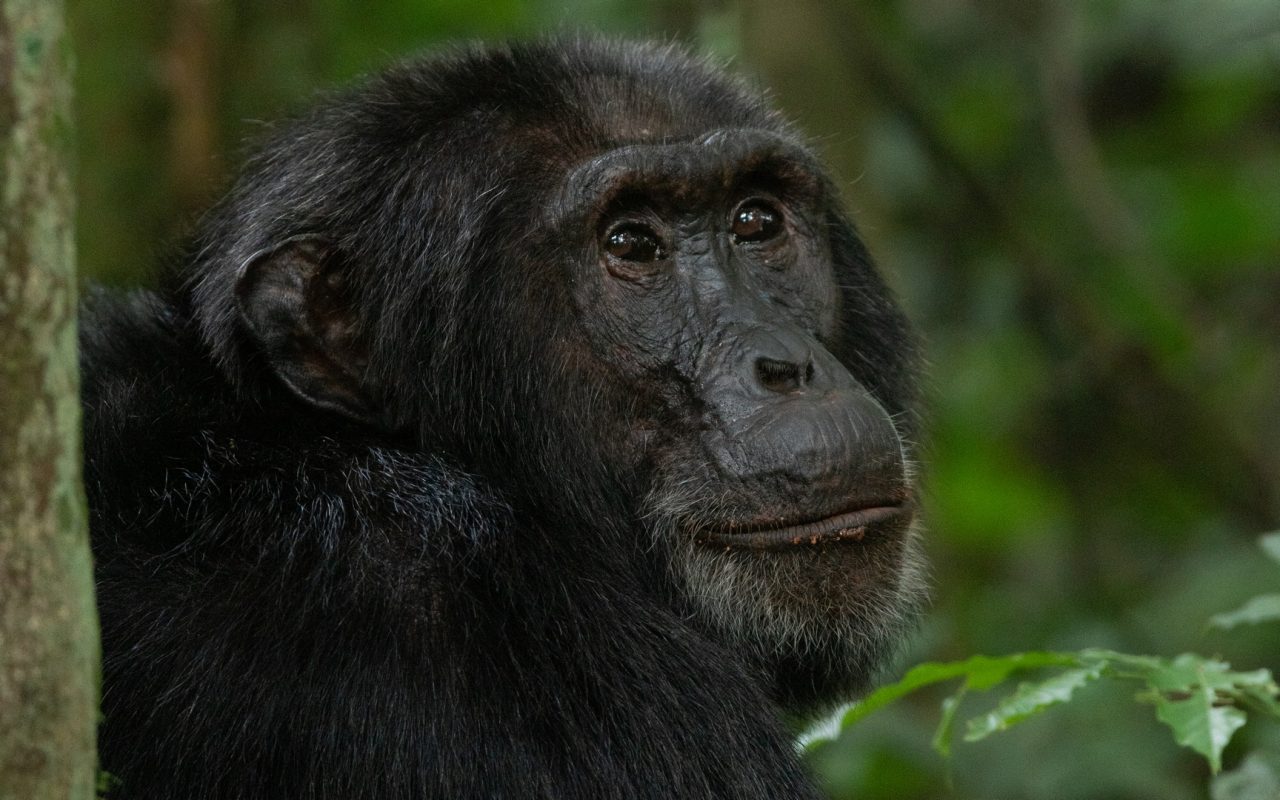
Best Time to Go Chimpanzee Tracking
Factors to Consider When Choosing the Best Time to Track Chimpanzees
Chimpanzee Activity Patterns
Chimpanzees are diurnal creatures, meaning they are active during the day and rest at night. Their activity levels fluctuate throughout the day, often depending on factors such as food availability, weather, and social behavior. Typically, chimpanzees are more active in the early hours of the morning and in the late afternoon, making these two periods ideal for tracking.
In the morning, chimpanzees are usually finishing their night’s rest and starting their foraging activities. They may be moving from their nests to new feeding areas, which makes it a good time to observe them as they search for food or interact with one another. During the afternoon, chimpanzees may be more relaxed and social, often engaging in grooming or resting, providing trekkers with a chance to witness their social behaviors up close.
However, there are advantages and disadvantages to both morning and afternoon tracking, which we will explore in more detail.
Morning vs. Afternoon Treks: A Comparison
Morning Treks: Early Start for an Active Experience
Morning chimpanzee tracking in Rwanda generally starts early, around 5:30 to 6:00 AM, with trekkers meeting at the park headquarters before setting out. One of the main advantages of morning treks is that this is when chimpanzees are most active. During the early hours, the forest is often cooler, and the chimps tend to be more engaged in foraging, playing, and socializing. Since they are freshly out of their nests, this is the best time to see them in their most active and energetic state.
Additionally, the morning trek allows visitors to enjoy the tranquility of the forest in the early hours, with fewer people around. The chances of spotting the chimpanzees early in the trek are higher as they are usually still close to their nests or feeding grounds. The cool temperatures and morning mist also create a unique atmosphere in the forest, making it an ideal time for wildlife photography and experiencing the beauty of Nyungwe Forest.
However, one downside of morning tracking is that it typically requires an early wake-up call and a longer hike to locate the chimpanzees, as they may be dispersed across a larger area at the start of the day. In some cases, this means that trekkers may have to endure longer hikes before encountering the chimpanzees.
Afternoon Treks: A More Relaxed and Social Encounter
Afternoon chimpanzee tracking tends to start around 2:00 PM and can offer a different experience compared to the morning trek. By the afternoon, chimpanzees are generally less active in terms of movement, and their foraging activities may have slowed down. Instead, they often engage in more social behaviors, such as grooming, resting, or playing with one another. This provides trekkers with an opportunity to observe the chimpanzees’ complex social structures and interactions in a more relaxed setting.
The advantage of afternoon treks is that you may not have to endure as strenuous a hike as in the morning, since the chimpanzees are likely to have settled in specific locations. Additionally, the afternoon trek often allows for a more leisurely exploration of the forest, and the lower temperatures can make the walk more comfortable for those not used to the morning chill.
However, the downside of afternoon treks is that chimpanzees are often less energetic, and there may be fewer opportunities to witness their foraging and other active behaviors. Additionally, since the day is warmer, chimpanzees may retreat higher into the trees for shade, making it more difficult to spot them. The chances of encountering chimpanzees may also be reduced in the late afternoon, as they begin to rest or prepare to build their nests for the night.
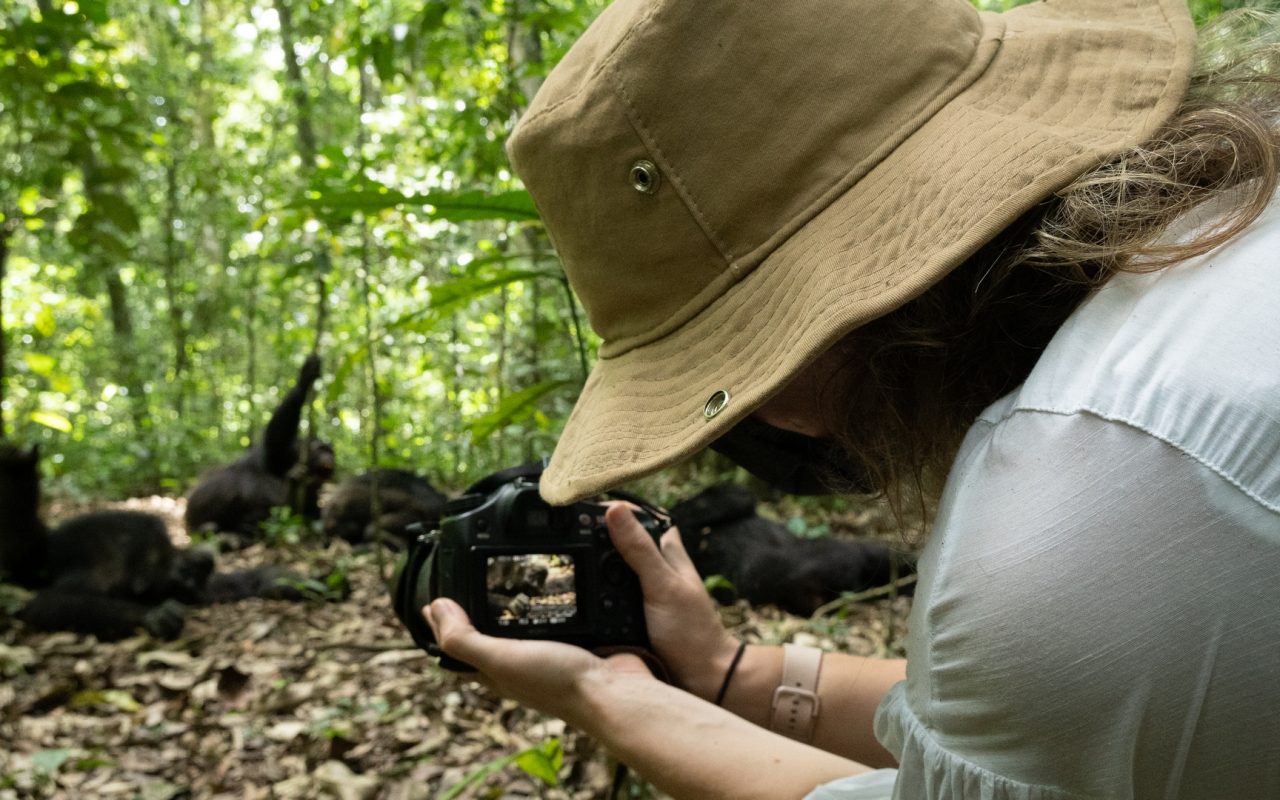
Best Time to Go Chimpanzee Tracking
Weather Conditions and Seasonality
Weather is another important factor to consider when deciding on the best time for chimpanzee tracking in Rwanda. The forest is typically wetter during the rainy seasons (from March to May and October to November), which can make trekking more difficult, especially in the morning when the trails may be muddy and slippery. If you’re tracking during the rainy season, it’s essential to be prepared for rain and challenging conditions. On the other hand, during the dry season (from June to September), the conditions are generally more favorable for trekking, making it easier to navigate the trails and improving the likelihood of a successful sighting.
The forest also tends to be more humid and cooler early in the morning, while temperatures rise as the day progresses. If you’re trekking during the hotter months or in the rainy season, you may prefer the cooler morning temperatures for a more comfortable experience.
Tourist Crowds When Considering the Best Time to Go Chimpanzee Tracking in Rwanda
Since chimpanzee tracking is a popular activity in Rwanda, the number of visitors can vary depending on the season. The morning treks tend to be busier, especially during peak tourist seasons, meaning you may encounter more people along the trail. If you prefer a more peaceful, less crowded experience, afternoon treks may offer a quieter atmosphere, allowing you to enjoy the forest in solitude.
Exceptional Africa Safari Packages of Interest
- 6 Days Uganda Adventure Tour
- 6 Days Uganda Safari
- 7 Days Uganda Safari
- 7 Days Uganda Tour
- 8 Days Uganda Safari
- 8 Days Uganda Tour
- 9 Days Uganda Safari
- 9 Days Uganda Wildlife Tour
- 15 Days Best of Uganda Safari
- 15 Days Ultimate Uganda Safari
- 21 Days Around Uganda Safari
- 21 Days Uganda Safari
- 3 Days Bwindi Gorilla Trekking
- 4 Days Uganda Safari
- 4 Days Gorilla Trekking Safari
- 5 Days Uganda Tour
- 5 Days Uganda Safari
Conclusion: Finding the Best Time to Go Chimpanzee Tracking in Rwanda
In conclusion, the best time of day to go chimpanzee tracking in Rwanda ultimately depends on your preferences and priorities. If you’re eager to witness chimpanzees in their most active and energetic state, a morning trek is your best option. The cooler temperatures and higher likelihood of encountering the chimps early in the day make the morning trek ideal for those seeking an energetic, action-packed experience.
However, if you prefer a more relaxed, social encounter with the chimps, or if you’re looking to avoid the morning crowds, an afternoon trek might be the better choice. This time also allows for a more leisurely exploration of the forest, providing ample opportunities for social observations.
Regardless of whether you choose to trek in the morning or afternoon, the chimpanzee tracking experience in Rwanda is unforgettable. At Deks Safaris & Tours Ltd., we ensure that all our guests have a safe, enjoyable, and insightful tracking experience, no matter the time of day. Be prepared, stay flexible, and enjoy the magic of Rwanda’s wild chimpanzees.

